Ending Female Genital Mutilation: 5 Communities and Countries Leading the Way
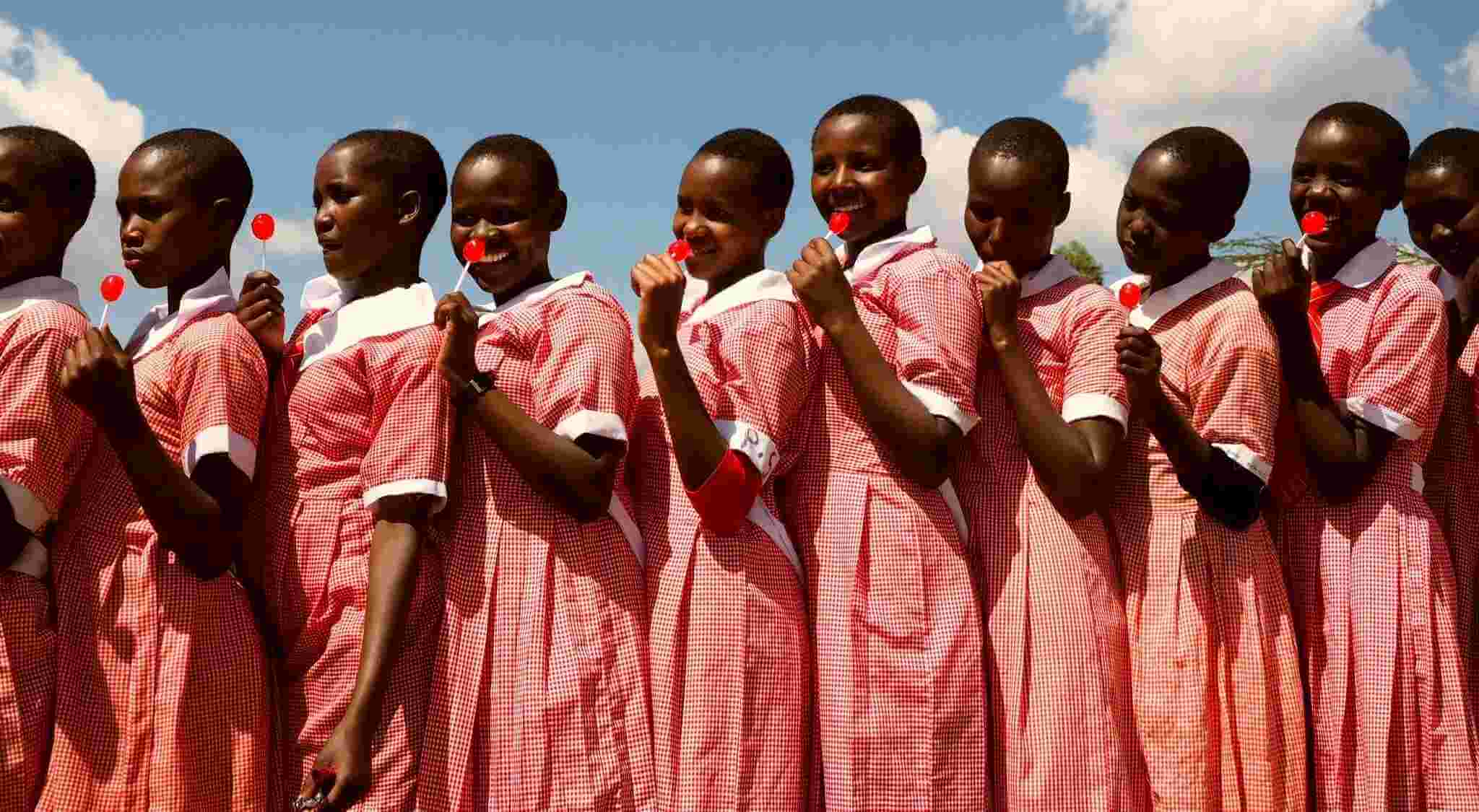
Every year, more than 3 million girls are subjected to female genital mutilation (FGM). That means that right now there 200 million survivors of FGM in the world and the number is growing.
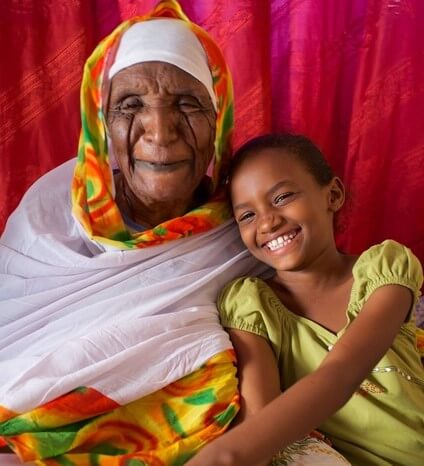
The practice is performed for a variety of reasons: the belief that cutting makes girls “clean” or “pure,”the misconception that FGM is a religious practice, that it increases fertility, that it will curtail a girl’s sexuality, or that it is a rite of passage into womanhood.
Whatever the reason, FGM is a human right’s violation, has no medical justification, and poses significant health risks. Girls can go into shock, experience infections, infertility, childbirth complications, pain during urination and sex, or even death from bleeding.
UNFPA works to end FGM by engaging communities and educating them on the harms of the practice. Collective community abandonment has proven to be one of the most effective ways to end FGM.
Here are 5 locations where communities are turning their backs on FGM:
1. Burkina Faso
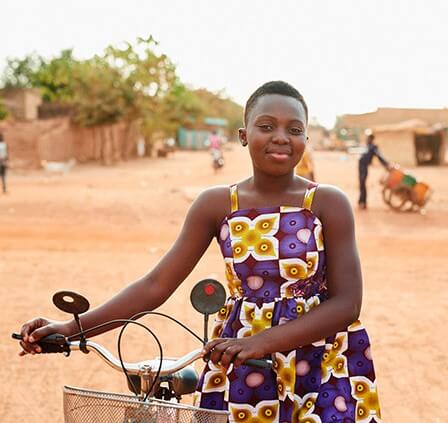
Latty from Burkina Faso grew up hearing of her mother’s experience with FGM. A girl that had been cut at the same time died from bleeding. Latty’s mother vowed never to cut her daughters.
With her mother’s guidance, Latty wrote a song about FGM that became popular throughout her country. The awareness she has raised around the harms of FGM are empowering families to abandon the practice.
2. Afar Region, Ethiopia
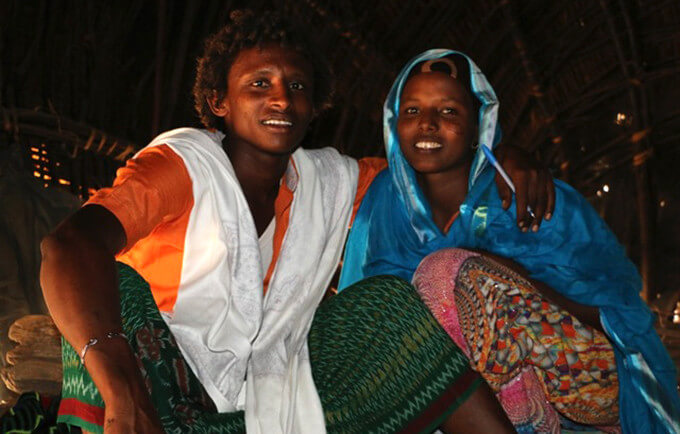
In the Afar Region in northern Ethiopia, FGM is incredibly common. Over 90 percent of girls undergo the practice.
One girl, Hawa, refused to be cut. She was shunned by her community and told that no one would want to marry her. People even told her she was a witch.
But she stayed resolute. Hawa and her husband now advocate against FGM in their community, and many families have joined them in dropping the practice.
3. Uganda
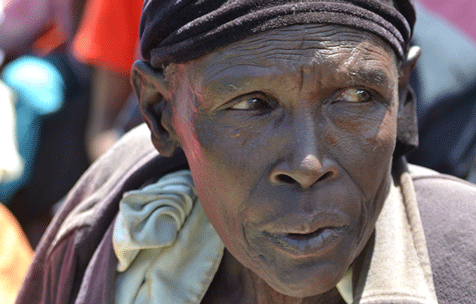
Turutea used to perform FGM on girls in her community in eastern Uganda. She was famous for the practice and even visited girls the night before they were to be cut to encourage them and explain the cultural significance of FGM.
Later, Turutea attended a UNFPA seminar on the harms of FGM and realized that she had hurt countless girls. She gave up the practice then.
Uganda is now one of only two countries that has strong criminalization laws around FGM.
4. Somalia
98 percent of women in Somalia have been cut.
Edna, the head nurse and midwife at a teaching hospital in Somalia, refuses to admit any students who do not denounce the practice.
Edna also cares for girls who have been harmed by FGM. She is adamant that it is a “horrible” practice and she believes in eliminating FGM one midwife at a time.
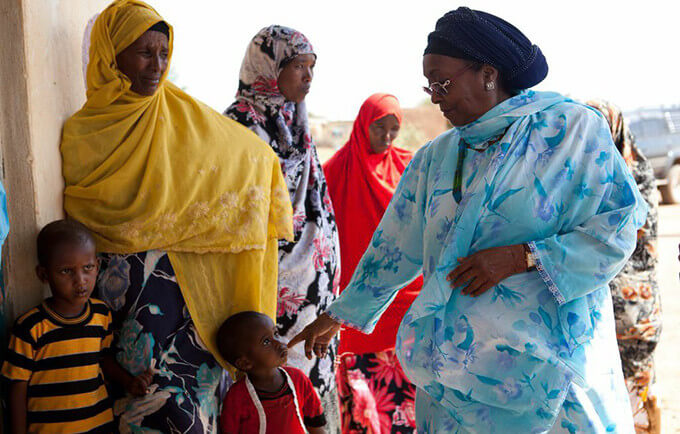
5. Egypt
In Egypt, over 90 percent of women, like Hoda, have experienced FGM. FGM can cause anxiety, depression, and PTSD in women and girls.
When Hoda learned about the physical and psychological dangers of FGM, she began advocating for her community to abandon the practice. Though it took some time, her village has banned FGM as a result of her hard work.
Hoda believes that the next greatest challenge to ending FGM is engaging men and boys by educating them on women’s health issues and by breaking down beliefs that it is better to marry girls who have been cut.
She also sees medicalized FGM -the practice of performing FGM in a clinical setting by a health professional to give it an air of legitimacy- as a problem. There is never any medical reason to perform FGM, but medicalized FGM can be confusing to parents.
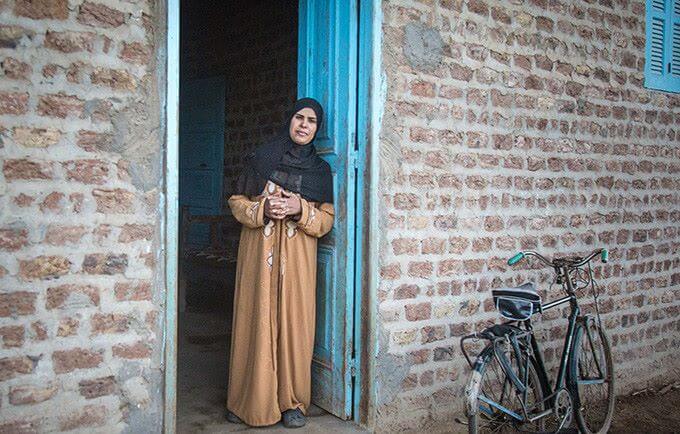
UNFPA aims to end FGM around the world by working with woman leaders in their communities. Their goal is to have zero new cases of FGM by 2030. However, much work must be done to realize the human rights of girls everywhere.